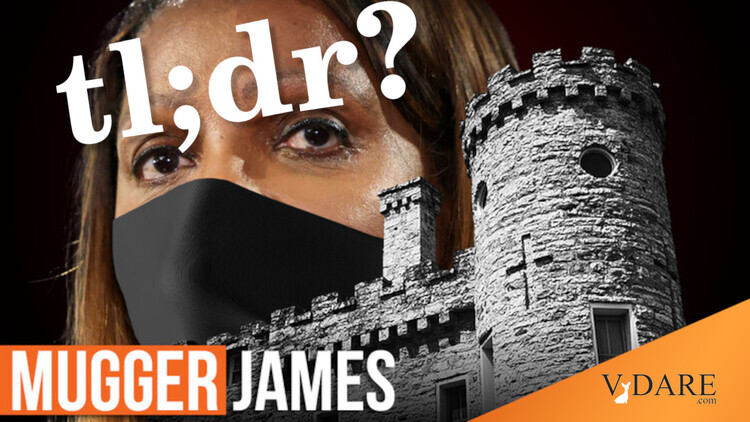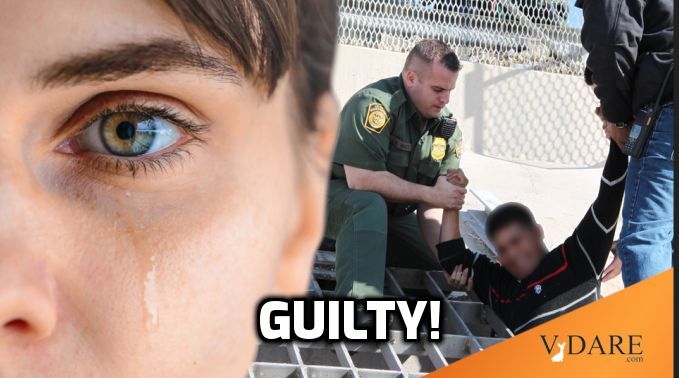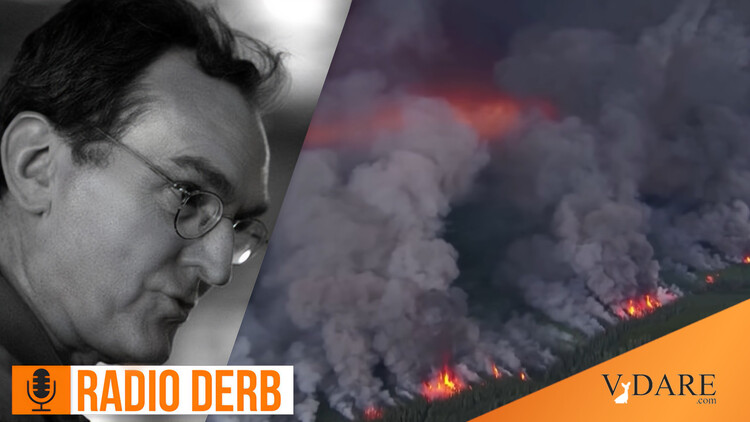Earlier: Wife Of US Ambassador To Afghanistan: Europe's Afghan Crime Wave Is Mind-Boggling
From the New York Times news section, here’s a news article illustrating my observation of a decade ago that a big dividing line in contemporary political moral philosophy is between those who emphasize concentric conceptions of morality—e.g., help yourself, your family, your neighbors, your region, your country, your continent, and then the world—vs. more fashionable leap-frogging loyalties:
For Ukraine’s Refugees, Europe Opens Doors That Were Shut to Others
Thousands of Ukrainians will end up in countries led by nationalist governments that have been reluctant to welcome refugees in the past.
By Lara Jakes
Feb. 26, 2022WASHINGTON — Russia’s invasion of Ukraine has pushed tens of thousands of people out of their homes and fleeing across borders to escape violence. But unlike the refugees who have flooded Europe in crises over the past decade, they are being welcomed.
Countries that have for years resisted taking in refugees from wars in Syria, Iraq and Afghanistan are now opening their doors to Ukrainians as Russian forces carry out a nationwide military assault. Perhaps 100,000 Ukrainians already have left their homes, according to United Nations estimates, and at least half of them have crowded onto trains, jammed highways or walked to get across their country’s borders in what officials warn could become the world’s next refugee crisis. …
That means thousands will end up in countries led by nationalist governments that in past crises have been reluctant to welcome refugees or even blocked them.
In Poland, government officials assisted by American soldiers and diplomats have set up processing centers for Ukrainians. “Anyone fleeing from bombs, from Russian rifles, can count on the support of the Polish state,” the Polish interior minister, Mariusz Kaminski, told reporters on Thursday. His government is spending hundreds of millions of dollars on a border wall, a project it began after refugees and migrants from the Middle East tried to reach the country last year but ended up marooned in neighboring Belarus.
The military in Hungary is allowing in Ukrainians through sections of the border that had been closed. Hungary’s hard-line prime minister, Viktor Orban, has previously called refugees a threat to his country, and his government has been accused of caging and starving them.
Farther West, Chancellor Karl Nehammer of Austria said that “of course we will take in refugees if necessary” in light of the crisis in Ukraine. As recently as last fall, when he was serving as interior minister, Mr. Nehammer sought to block some Afghans seeking refuge after the Taliban overthrew the government in Kabul.
“It’s different in Ukraine than in countries like Afghanistan,” he was quoted as saying during an interview on a national TV program. “We’re talking about neighborhood help.”
Parts of Ukraine used to be ruled from Vienna and retain cultural ties.
… “If you think of causing the refugee crisis as one of Putin’s tools to destabilize the West, then a calm, efficient, orderly response is a really good rebuke to that,” said Serena Parekh, a professor at Northeastern University in Boston and the director of its politics, philosophy and economics program.
“On the other hand,” said Ms. Parekh, who has written extensively about refugees, “it’s hard not to see that Ukrainians are white, mostly Christian and Europeans. And so in a sense, the xenophobia that’s really arisen in the last 10 years, particularly after 2015, is not at play in this crisis in the way that it has been for refugees coming from the Middle East and from Africa.”
As Mark Krikorian observes: “If you travel thousands of miles to get somewhere, you are *by definition* not seeking asylum, but rather just a migrant.”
For example, a few years the Bahamas was hit hard by a hurricane, leading to calls to let in refugees from the Bahamas. I thought about it and agreed: we are the closest neighbor of the Bahamas. Sailing 100 miles to Florida isn’t like crossing multiple national boundaries in a shopping expedition.
The Biden administration is also facing calls to take in Ukrainian refugees, much in the way it gave residency or humanitarian parole to more than 75,000 Afghans when the Taliban seized power in August.
It is unlikely, at the moment at least, that the United States would offer a humanitarian parole program for Ukrainians that goes above what is currently allowed for the total number of refugee admissions for the current fiscal year. That number is capped at 125,000 this year — including 10,000 refugees from Europe and Central Asia. The guidelines set aside another 10,000 slots for refugees from any part of the world, as regional emergencies warrant.
Ms. Psaki did not comment when asked by a reporter whether the administration would offer temporary residency protections, a program known as T.P.S., to Ukrainian students, workers and others who are in the United States to ensure they are not deported when their legal visas expire.
Lara Jakes is a diplomatic correspondent based in the Washington bureau of The New York Times. Over the past two decades, Ms. Jakes has reported and edited from more than 40 countries and covered war and sectarian fighting in Iraq, Afghanistan, Israel, the West Bank and Northern Ireland. @jakesNYT
So, this isn’t an op-ed, it’s a news article.











